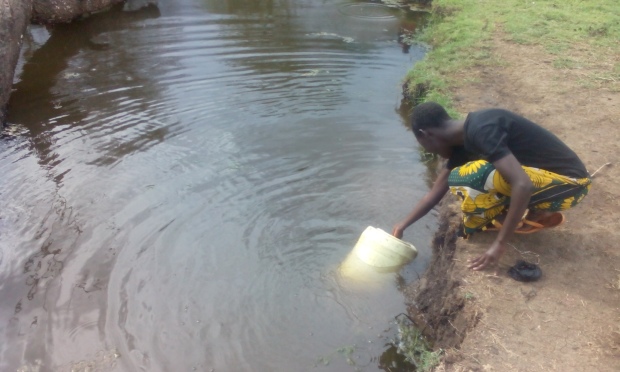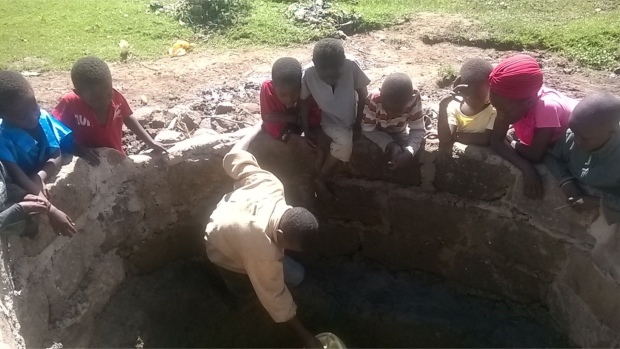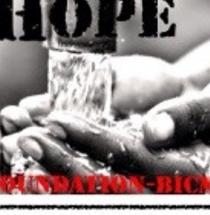Clean Water Project For Samburu County In Kenya, Africa
In Search Of Clean Water
Together, we can provide clean drinking water, help eradicate Typhoid, put a stop to water conflicts/violence and save life! Currently, the people of Samburu, mostly women and young girls, walk over five miles every day in search of water while men walk with their animals between five and ten miles daily in search of water and pasture.
Despite the long walk in search of water and pasture, most of these headers get ambushed or killed and their only source of food and hope get snatched away. We have also witnessed conflicts between communities residing around Samburu because of drought and scarcity of water.
The People Of Samburu Walk Over Five Miles Daily To Find Water

Provide And Enhance Clean Water Wells/Bore Holes
How You Can Help
We will drill wells and enhance access to clean water in Northern Kenya. Water scarcity has compromised education and sanitation, forcing girls to withdraw from school to support their families.
People are forced to walk over five hours to collect water. The little water they do collect is prioritized for drinking and cooking, leaving them with little for sanitation.
A $10 donation gives 1 child access to safe water.
Water Conflict
We believe that if we manage to provide enough water wells and negotiate with all the tribes affected that reside within Samburu County, there probably will be a decline in tribal killings and water conflicts.
Conflicts and violence increase because of severe drought and lack of trust between communities residing around this arid part of Kenya. The only water that these people can access if they are lucky is from underground springs, contaminated by feces and soil. In most cases, water sources are guarded by tribal militia armed with AK47 and Kalashnikov weapons ready to shoot and kill anybody who approaches them.
More Wells Should Reduce Tribal Killings And Water Conflicts



